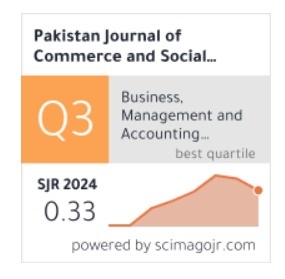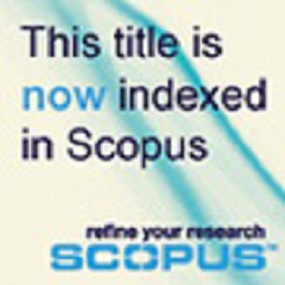Linking Employees Change-Related Self-Efficacy, Change Readiness and Commitment to Change
Keywords:
change management, change self-efficacy, change readiness, commitment to change, affective commitment, continuance commitment, normative commitment.Abstract
Based upon the theory of planned behavior, this research intends to examine the direct impact of employees’ change-related self-efficacy on their commitment to the change process. Further, employees’ readiness for change is proposed as a mediator between change-related self-efficacy and commitment to change. Self-administered questionnaire was used for collecting primary data from 583 officer ranked employees working in financial institutions, media, and telecom sectors. To test the hypotheses for the effect of mediation, PROCESS macros are employed. Findings supported the hypothesized relationships of the study that employees’ change-related self-efficacy directly influence their commitment to change. Moreover, employees’ readiness to change also mediates the relationship between their change-related self-efficacy and commitment to change. These findings affirm the significance of the presence of these factors among employees during change and provide a foundation for equipping employees with the necessary belief, attitude and intention for successful implementation of the change process.





